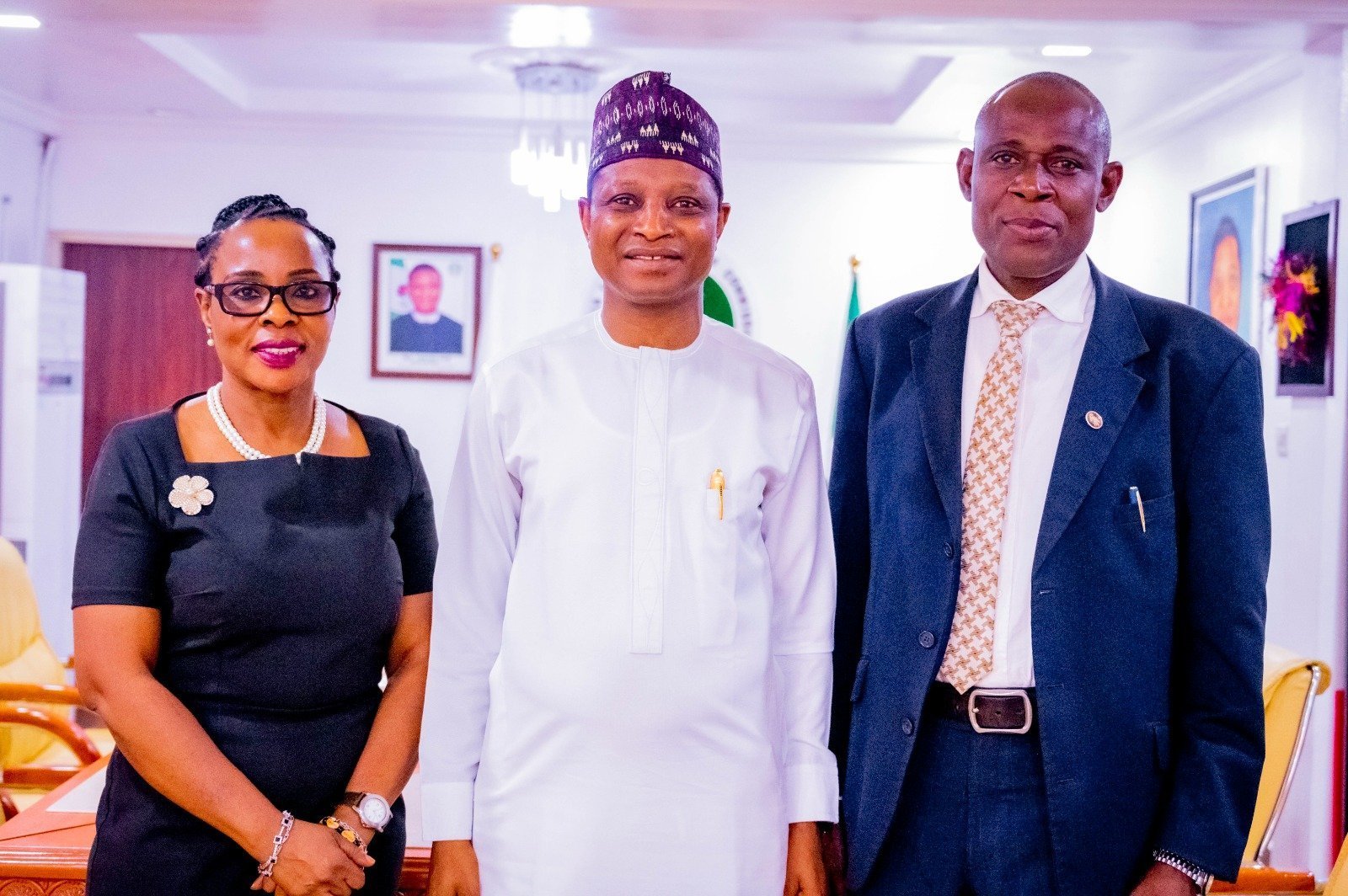President Bola Tinubu, in his address at the 55th Annual Conference of the Nigerian Institute of Estate Surveyors and Valuers (NIESV) on Thursday, reassured Nigerians that the recent economic reforms by his administration were not designed to punish citizens. Rather, he emphasized that the reforms were essential to avert an impending economic collapse and stabilize the country’s financial system.
Represented by the Minister of Housing and Urban Development, Ahmed Dangiwa, who in turn was represented by Dr. Edna Tobi, Special Assistant for International Cooperation and Partnership in the Ministry, the President outlined that the government was taking decisive steps to address Nigeria’s economic challenges. The conference, held in Abuja, was centered around the theme: “Transform, Invest, Drive: Optimising Real Estate Finance and Taxation,” with a focus on the intersection of real estate and fiscal policy.
The President noted that diversifying the economy and expanding revenue sources were crucial to Nigeria’s future prosperity. This, he explained, is why the government has introduced policies that focus on enhancing income from taxation, while maintaining fairness and transparency in their implementation. He described the tax and fiscal reforms as bold, strategic, and necessary moves to tackle the significant economic challenges faced by the nation.
“In a country like ours, these reforms are both courageous and necessary to address the suffocating economic pressures,” President Tinubu stated. He further highlighted that these reforms were tailored to create a more investment-friendly environment, particularly for sectors like real estate, which would subsequently drive job creation and economic growth.
The conference also featured a keynote address by Dr. Zacch Adedeji, Executive Chairman of the Federal Inland Revenue Service (FIRS), who underscored the critical role of the real estate sector in Nigeria’s economy. He pointed out the challenges faced in the sector, including informality, data fragmentation, and inconsistent property valuation standards, which hinder effective taxation. The upcoming Tax Administration Bill, according to Adedeji, would offer clearer guidelines for taxpayers, enhance compliance, and reduce inefficiencies in the system.
The NIESV President, Victor Alonge, emphasized that the conference was a milestone event that would inform future policy directions for land, housing, and infrastructure development in Nigeria. He also assured that NIESV would present a comprehensive communiqué to the government, outlining resolutions and actionable suggestions aimed at fostering national development through effective policy implementation.
This conversation about economic reform and taxation comes amid Nigeria’s ongoing efforts to recover from multiple economic crises, with a particular focus on sustainability and attracting investments into key sectors like real estate.







